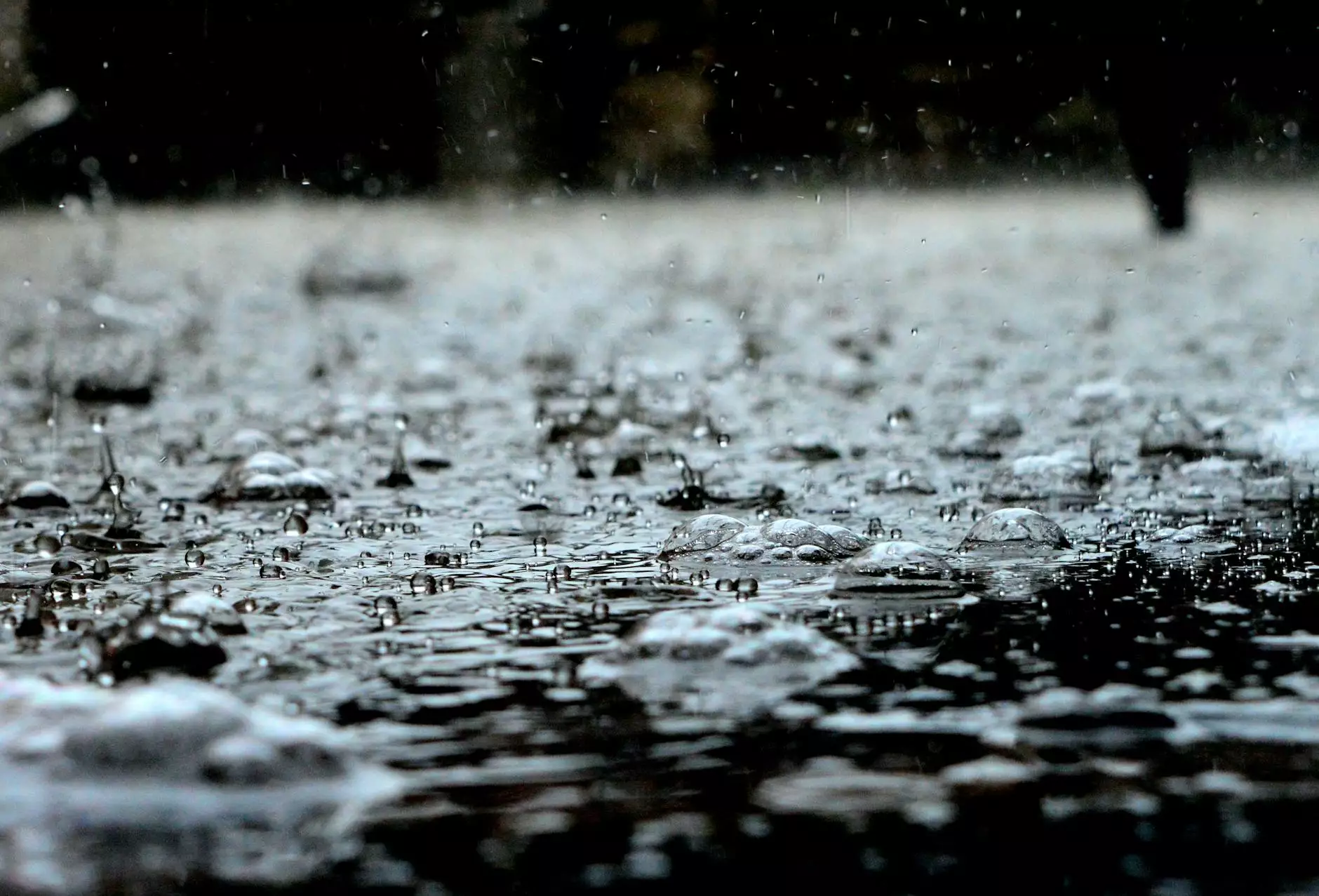Understanding Swollen Lower Legs: Causes, Symptoms, and Treatments

Introduction to Leg Swelling
Experiencing swelling in your lower legs can be both uncomfortable and alarming. If you've ever wondered, "why are my lower legs swelling?", you are not alone. Swelling, or edema, occurs when excess fluid builds up in the tissues of the legs. Understanding the causes and possible treatments can empower you to take appropriate action.
What Causes Lower Leg Swelling?
Lower leg swelling can result from a variety of factors. Let's dive into some of the most common causes:
1. Injury
Injuries to the legs, such as fractures, sprains, or strains, can cause the tissues to swell as the body responds to the injury. Inflammation is a natural part of healing, but excessive swelling may require medical attention.
2. Medical Conditions
Several underlying medical conditions can contribute to swelling in the lower legs:
- Heart Failure: When the heart is not pumping effectively, fluid can accumulate in the legs.
- Kidney Disease: Impaired kidney function can lead to fluid retention.
- Liver Disease: Liver dysfunction may also result in abnormal fluid retention.
- Venous Insufficiency: Poor circulation in the veins can cause blood to pool in the legs, leading to swelling.
3. Lifestyle Factors
Your daily habits can play a significant role in leg swelling. Common lifestyle factors include:
- Prolonged Sitting or Standing: Inactivity can hinder circulation.
- Obesity: Excess weight can put additional pressure on the veins.
- High Sodium Intake: A diet high in salt can lead to fluid retention.
4. Medications
Certain medications can also cause swelling as a side effect. Examples include:
- Nonsteroidal Anti-Inflammatory Drugs (NSAIDs): Can cause fluid retention.
- Corticosteroids: These may lead to increased sodium retention.
- Antidepressants: Some can contribute to swelling.
Symptoms Associated with Swollen Lower Legs
When dealing with swollen lower legs, you may experience additional symptoms. These can include:
- Pain or Tenderness: In some cases, swelling can be accompanied by discomfort.
- Skin Changes: Look for changes in color, texture, or temperature of the skin.
- Restricted Mobility: Swollen legs may hinder your ability to walk or move comfortably.
When to Seek Medical Attention
While minor swelling may not be a cause for concern, certain situations warrant a visit to a medical professional:
- If you experience sudden or severe swelling
- Accompanied by chest pain or difficulty breathing
- Persistent swelling that doesn’t improve with elevation or rest
Diagnosing the Cause of Leg Swelling
To resolve the question "why are my lower legs swelling?", a thorough medical evaluation is essential. This may involve:
- Physical Examination: A doctor will assess your legs and ask about your medical history.
- Blood Tests: to check kidney, liver, and heart function.
- Ultrasound: To evaluate the blood flow in your legs.
- X-rays or CT Scans: To identify fractures or deep vein issues.
Effective Treatments for Swollen Lower Legs
Treatment options for swollen lower legs typically depend on the underlying cause. Here are several effective strategies:
1. Lifestyle Changes
Implementing healthy lifestyle choices can help manage and reduce leg swelling:
- Maintain a healthy weight with a balanced diet.
- Engage in regular physical activity to improve circulation.
- Limit sodium intake to reduce fluid retention.
2. Compression Therapy
Wearing compression stockings can assist in improving circulation and preventing fluid accumulation.
3. Elevation of Legs
Elevate your legs above heart level to promote drainage of excess fluids.
4. Medications
If prescribed, certain medications can help manage the conditions causing swelling:
- Diuretics: Can help eliminate excess fluid from the body.
- ACE Inhibitors: May be prescribed for heart-related swelling.
Home Remedies for Relief
In addition to medical treatments, several home remedies may alleviate swelling:
- Cold Compress: Applying a cold pack can help reduce inflammation.
- Herbal Teas: Some herbal preparations like dandelion tea may have diuretic properties.
- Hydration: Drinking plenty of water helps flush out excess sodium.
Conclusion
Swelling in the lower legs can have many causes, ranging from minor lifestyle issues to serious medical conditions. If you find yourself asking "why are my lower legs swelling?", it is important to consult a healthcare provider for a comprehensive assessment. Understanding your body and seeking timely treatment can lead to a healthier and more active life.
Seek Help from Specialists
If you're located in the area, consider visiting Truffles Vein Specialists for expert care in vascular medicine. Our team of specialists is equipped to provide you with the best assessment and treatment options for your individual needs.









